Handheld power tools known as dental drills are commonly used to carve away tooth decay, create openings for dental implants, and shape teeth. In addition, these drills can wipe clean surfaces, give pearly whites a natural shine, and take away discolouration. Their speed is measured in rotations per minute (rpm), with the average rate typically falling between 2000 and 4000 rpm.
A dentist’s drilling speed is variable according to the task at hand. When creating a space for a dental implant, a rapid rate is typically required to create a flawless, pristine opening in the bone. However, when forming teeth or clearing away stains, they will dial down their velocity for more control and to protect the tooth from inadvertent harm.
When selecting a drill bit, the resulting speed of the dental drill must be considered. From diamonds to steel, there is an array of materials that can be utilized to construct a drill bit. Typically, they can yield different rates of speed; diamond drill bits being the most swift, with a rate up to 8,000 revolutions per minute, followed by carbide bits running at 4,000 to 6,000 rpm, while steel bits slow the process down to 2,000 to 4,000 rpm.
Generally speaking, when the drilling velocity increases, the drill bit prices climb as well. This phenomenon is due to quicker drill bits wear out faster, meaning that they must be switched out at higher rates. The slower drill accessories, on the contrary, last longer and prove more economical in the future.
The velocity of a dental drill is a major element to reflect on while picking a drill bit. The corresponding action being conducted, along with the nature of the drill bit, will identify the ideal speed for the drill.
Related Product
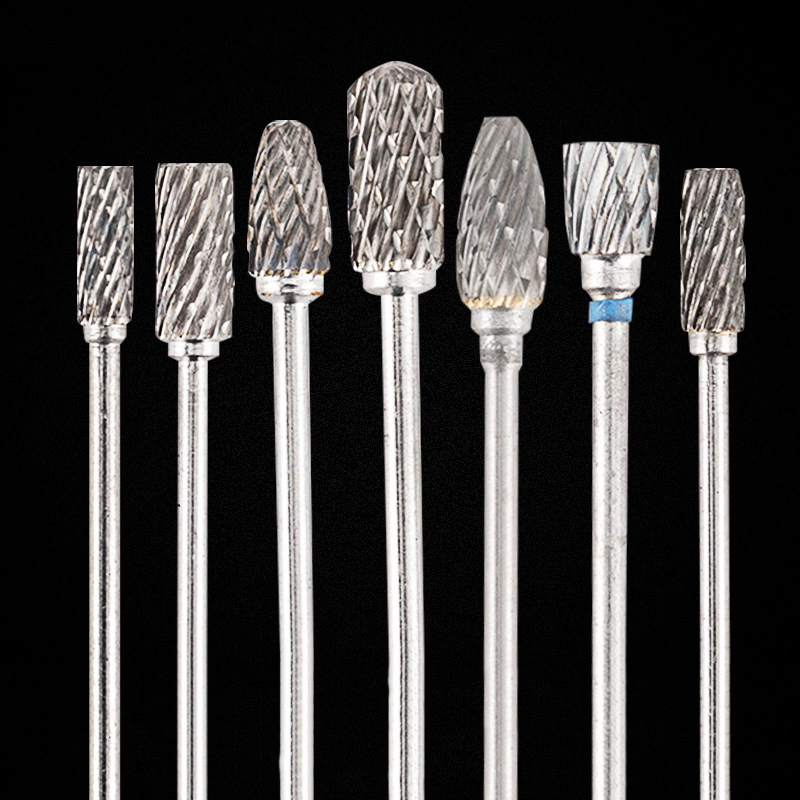
HP Deburring Carbide Burs
Product Information Brand MSK Material Tungsten Steel Model Grinding Head Custom Processing Yes Feature: The dental grinding head is made of tungsten steel with stabl […]
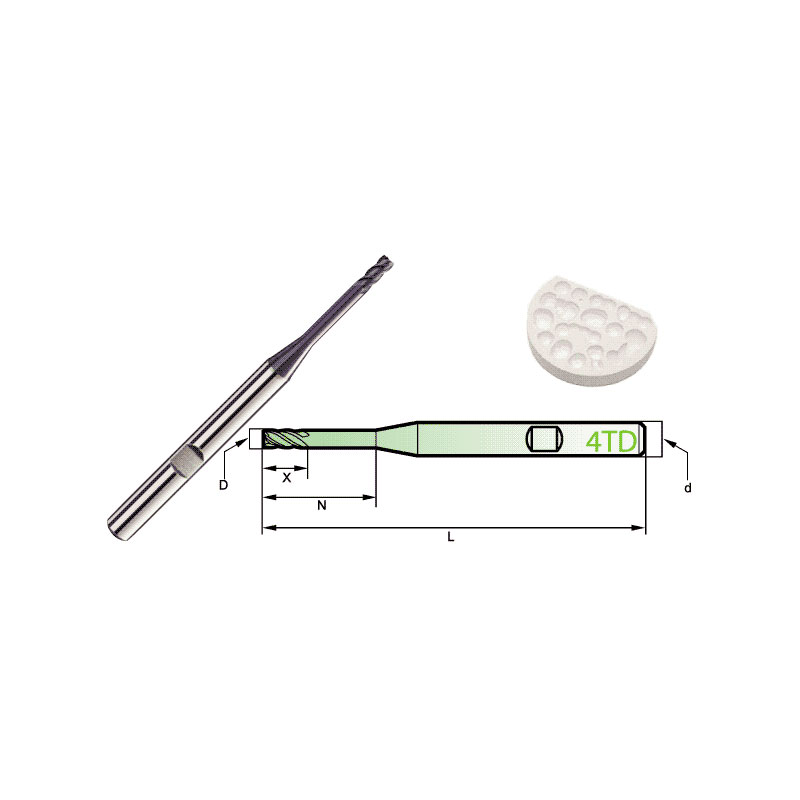
Carbide Roland CAD/CAM Burs
Product Information Origin Tianjing, China Brand MSK Number Of Blades 4 Product Name Dental Special 4-Blade End Mill Model D Number Of Blades Z X N L d 4TD2060HB 2 4 […]
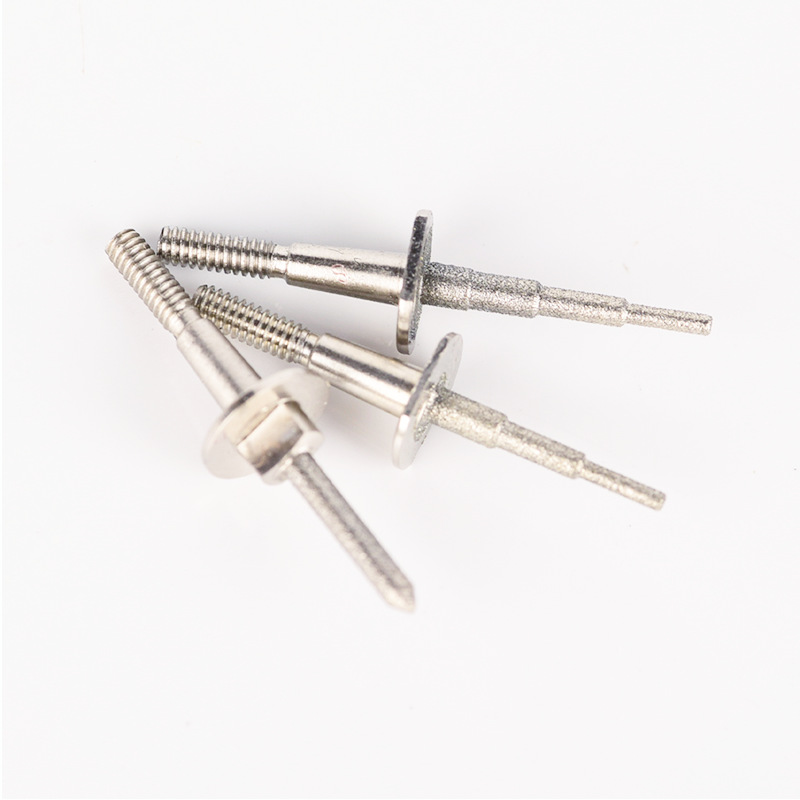
Step Bur Milling Bur Grinder for Glass Cerami
Product Information Origin Tianjing, China Shank Diameter 1.8 (mm) Brand MSK Scope Of Application CEREC3 Grinding Equipment Material Stainless Steel/Carbide Main Sales Areas […]
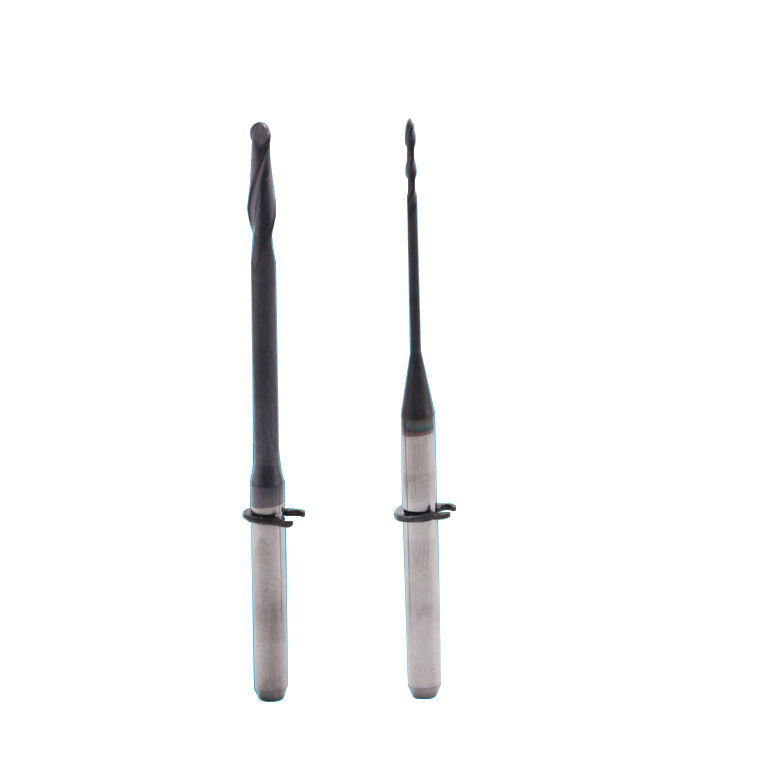
Dental CAD/CAM Milling Burs
Product Information Origin Tianjing, China Material Stainless Steel Brand MSK Applicable Machine Tools A Variety Of Options Custom Processing Yes Whether To Coat No Is It a […]
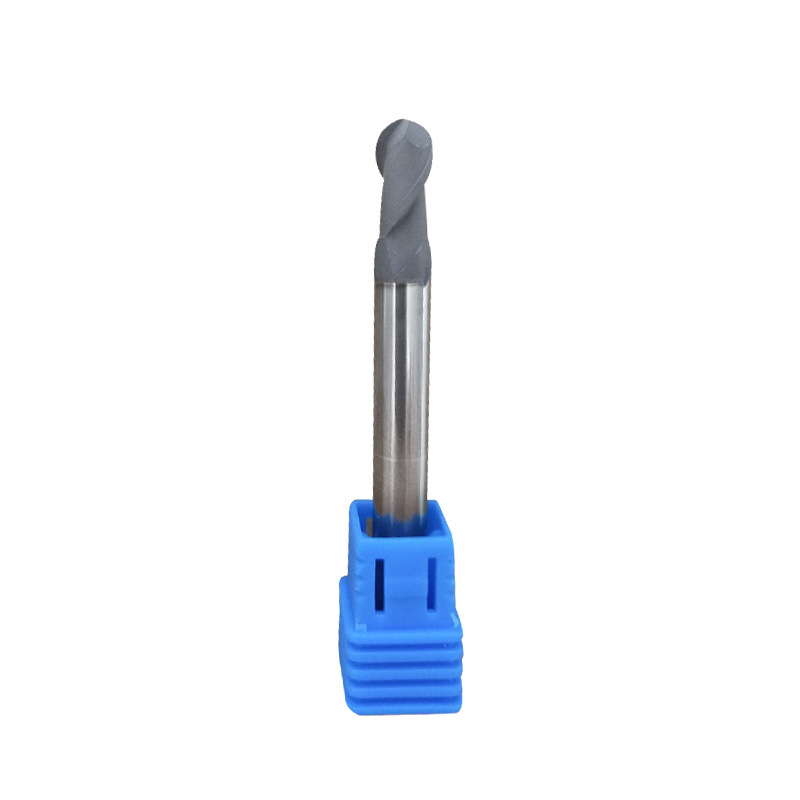
Diamond Coating Round Diamond Cutters
Product Information Origin Tianjing, China Series U Series Brand MSK Cutting Edge Form Helical Structure Ball Diameter (Mm) 3 Material Carbide Minimum Cutting Diameter At Th […]
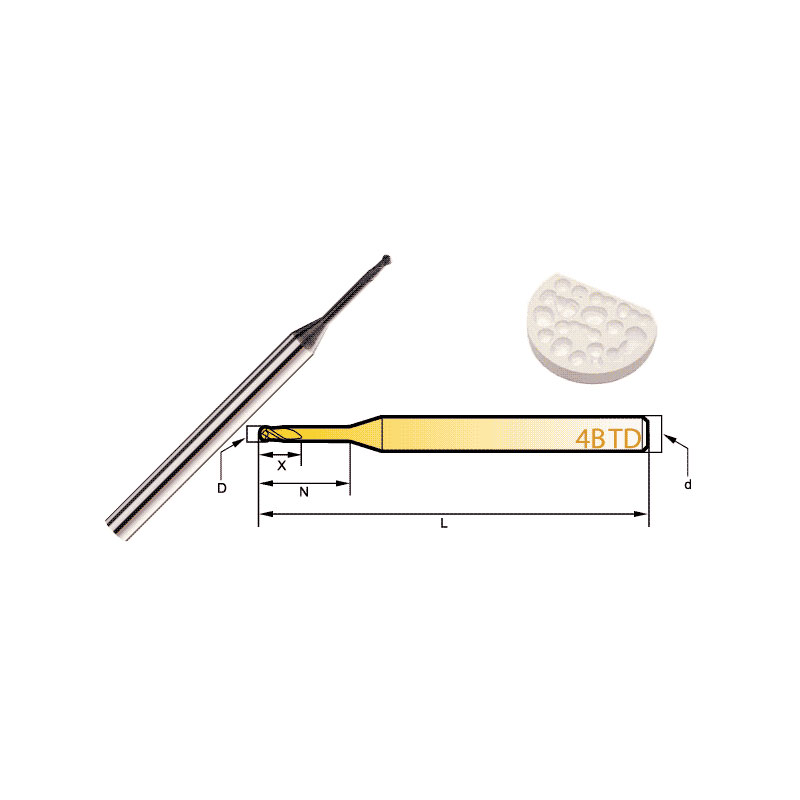
Diamond Bur Ball Round
Product Information Product Name Dental 4-Flute Ball End Mill Brand MSK Model D Number Of BladesZ X N L d 4BTD2060 2 4 6 6 50 3 4BTD2010 2 4 6 10 50 3 4BTD2016 2 4 6 […]
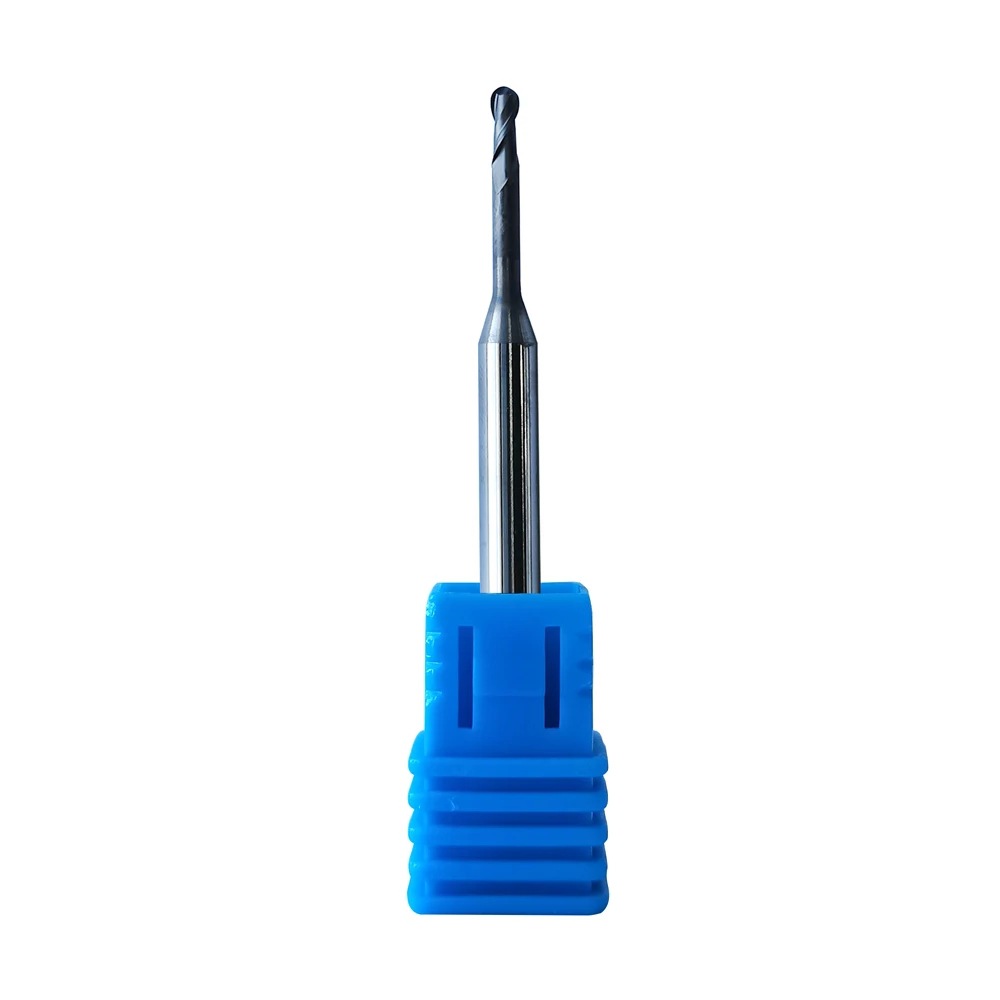
Supply Roland DLC Zirconia Burs
Product Information Origin Tianjing, China Series Dental Bur Brand MSK Cutting Edge Form 2 Blade/3 Blade Ball Diameter (Mm) 0.6, 1, 2 Material Very Fine Grained Cemented Car […]
Post time: 2023-06-20
